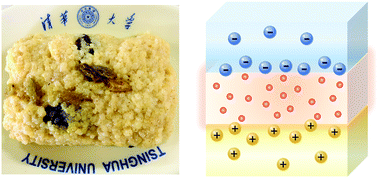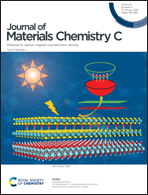Review on photo- and electrical aging mechanisms for neutral excitons and ions in organic light-emitting diodes
Abstract
In spite of their immense market, organic light-emitting diodes (OLEDs) are still facing the problem of insufficient operational lifetime, particularly for blue-emission phosphorescent or thermally activated delayed-fluorescence OLEDs, which exhibit an extreme efficiency limit. Interpreting their photoelectrical aging mechanisms can provide unambiguous information on methodologies to improve device lifetimes. Therefore, the mechanistic study of in-device degradation processes and predicting diode stability can not only push technological advances but also provide interesting topics for academic exploration. Immense progresses have been achieved in the recent years regarding the fundamental aspects of operational stability from physical and chemical insights; the results along with the theoretical and experimental approaches used are introduced in this review. The prospects of further enhancement in OLED stability are also discussed.

- This article is part of the themed collection: Journal of Materials Chemistry C Recent Review Articles


 Please wait while we load your content...
Please wait while we load your content...